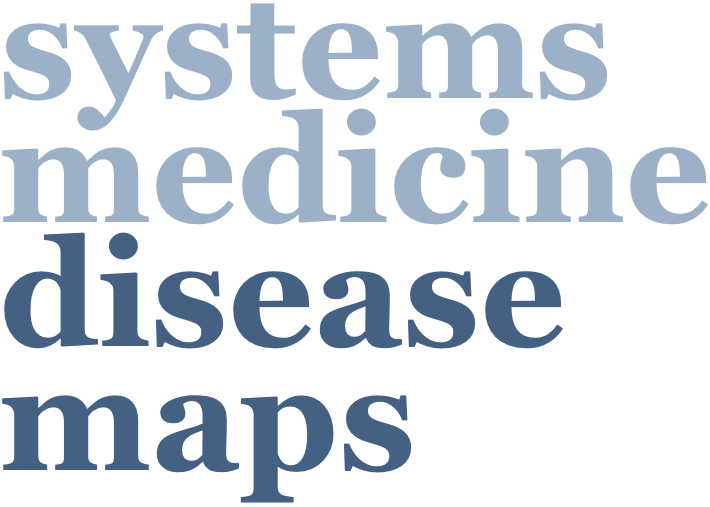
Cytokine release syndrome
Cytokine Release Syndrome Map
Development status: Active development
Diseases treated: Cancer, autoimmune diseases
Sustainable support: LCSB, MINERVA Platform
Construction tool: CellDesigner
Funding: IMI2 imSAVAR No 853988, https://imsavar.eu
License: Creative Commons Attribution 4.0 International (CC BY 4.0) License
Publication: Manuscript in preparation
Contact: Alexander Mazein, University of Luxembourg, alexander.mazein(at)uni.lu
Description
Cytokine release syndrome (CRS) is an acute systemic inflammatory syndrome, an adverse outcome (AO) associated with therapies that use chimeric antigen receptor (CAR) T cells, checkpoint inhibitors, T cell engagers and monoclonal antibodies. The Cytokine Release Syndrome Map (CRS Map) describes mechanisms of how the effects of different types of treatment converge to the same adverse outcome - the cytokine release syndrome (CRS). As the methodology we combine the concept of adverse outcome pathways (AOPs) as a higher-level description of events, and a concept of Disease Maps as a detailed description of relevant mechanisms.
An adverse outcome pathway (AOP), or an immune-related adverse outcome pathway (irAOP), is a concept that is used to visualise and study adverse effects of treatments. An irAOP includes a molecular initiating event (MIE), key events (KEs), key event relationships (KERs) and an adverse outcome (AO). KEs are defined by connecting physiological events to test systems and measurable clinical parameters. In this project, we use irAOPs developed by the imSAVAR experts for various treatments. On the basis of these irAOPs we build detailed descriptions of adverse outcome mechanisms using the Disease Maps approach and focusing on relevant cytokines, receptors and cell types, as well as on connections between them.
Funding
This project has received funding from the Innovative Medicines Initiative 2 Joint Undertaking under grant agreement No 853988.